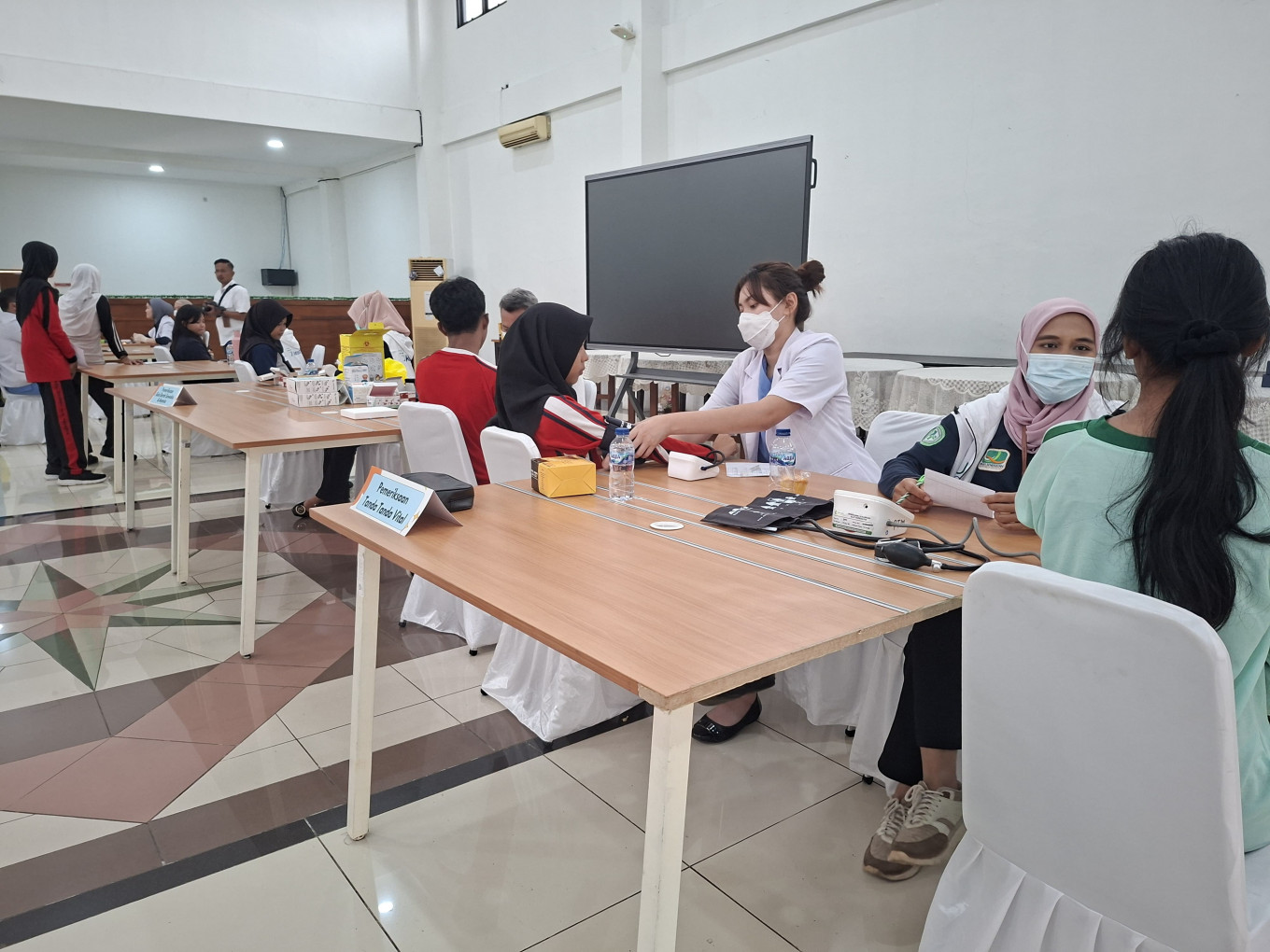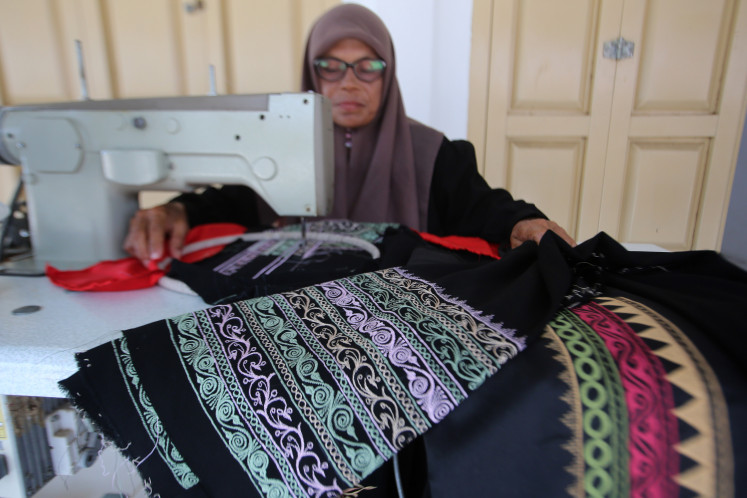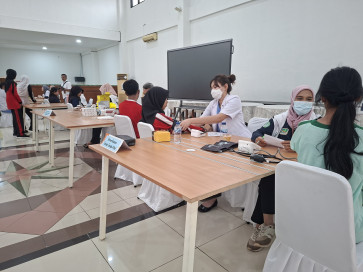Popular Reads
Top Results
Can't find what you're looking for?
View all search resultsPopular Reads
Top Results
Can't find what you're looking for?
View all search resultsRethinking Sekolah Rakyat: The case for a decolonial pedagogy
Many children choose to scavenge or perform on the streets instead of studying at school, as these activities offer immediate financial returns compared with the delayed benefits of government assistance
Change text size
Gift Premium Articles
to Anyone
T
he Prabowo Subianto-Gibran Rakabuming Raka administration has launched Sekolah Rakyat (community school), a flagship program promised during their election campaign. Physical preparations such as dormitory construction, renovation and teacher recruitment had been fast-tracked before it officially began on July 14.
Yet behind the enthusiasm to expand access to education lies a critical question: What kind of education will this program offer?
As a government initiative, Sekolah Rakyat undoubtedly carries noble intentions, to reach groups long excluded from formal education systems. However, like any public policy, it must be critically examined, not to weaken it, but to ensure that its implementation truly addresses the root problems.
Since the program was first proposed, I and many scholars have expressed concerns: Would it not be more effective to strengthen existing schools, many of which remain in dire condition?
Reality shows that educational aid for children from poor families often fails due to their lack of motivation to attend school. Many, for example, choose to scavenge or perform on the streets instead, as these activities offer immediate financial returns compared with the delayed benefits of government assistance. This phenomenon reflects a deeper resistance to educational models that fail to align with their lived realities.
The boarding school model envisioned for Sekolah Rakyat is also not without challenges. Such a model risks uprooting children from their previous habitus, be it family life or street life, into a new environment defined by rules and discipline.
Habitus here refers not just to physical space, but to a way of life and set of values that shape identity. If not handled sensitively, this transition may trigger silent resistance or even overt rejection.



















